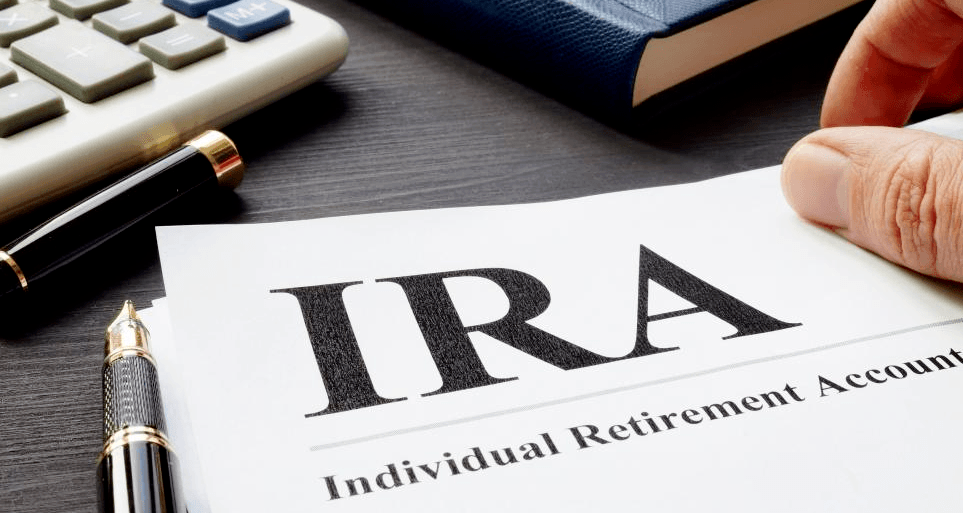A series of new laws, regulations, and IRS guidance has drastically altered the Individual Retirement Account (IRA) and Required Minimum Distribution (RMD) landscape for 2020. Since IRAs are a core part of any estate plan, it is important to be aware of these changes.
The most important change is that RMDs for 2020 have been waived. You are not required to take any 2020 RMD withdrawals, including those from inherited IRAs. You can withdraw from your IRA if you wish (and pay income taxes on those withdrawals), but there is no requirement to do so in 2020.
If you already took part or all of your RMD for 2020 before the new rule, you may be allowed to return the RMD to your IRA, as long as it was not from an inherited IRA. In general, an IRA distribution can be contributed back to that IRA within 60 days of the original distribution, and no income taxes would need to be paid. Thankfully, the IRS also issued special guidance that extended this 60 day deadline in some circumstances. If the RMD was taken on or after February 1, 2020, it can be contributed back by July 15, 2020.
There are also special rules for non-RMD distributions that are coronavirus-related, allowing you to withdraw up to $100,000 from an IRA or 401(k) without the usual 10% penalty for those under age 59 ½. The distribution is considered coronavirus-related if you, your spouse, or your dependent is diagnosed with the coronavirus, or you experienced certain adverse financial consequences because of the coronavirus (such as being quarantined, furloughed, or laid off).
The coronavirus-related distributions would ordinarily still require you to pay income taxes on the distribution. However, if the distribution is re-contributed back to your IRA within three years, it will be treated as a tax-free rollover. Any part not contributed back would still draw taxes, but the taxes can be paid ratably over three years.
There are a number of exceptions and rules that must be followed to qualify for some of the above. Please speak to your accountant regarding your personal tax circumstances.
If you have any questions about how your IRA integrates into your estate plan, the attorneys at Cona Elder Law are ready to assist. Call us at 631.390.5000 or click here.


